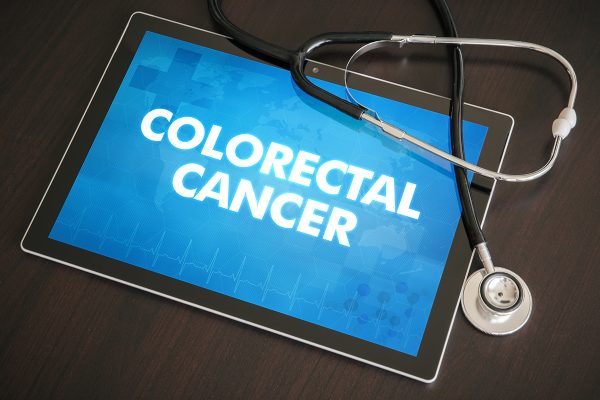The most common treatment for colorectal cancer is surgery to remove the affected part(s) of the colon and/or rectum. Today’s technology makes colorectal cancer surgery more predictable and less invasive than it used to be. Still, be aware that the surgery does require some downtime and rest before going back to normal everyday life.
If you are facing surgery to treat colorectal cancer, the team at Piedmont Colorectal Associates explains what to know here.
Do I Need To Stay Overnight At the Hospital?
Surgery for colorectal cancer is usually performed in a hospital setting. The length of the surgery depends on the type of procedure performed (including how much of the colon and/or rectum is removed), but typically takes a few hours.
Most patients require a brief hospital stay after surgery. Again, the length of the hospital stay depends on the specific procedure, the complexity of the procedure and recovery progress. A hospital stay is nothing to fret about — the support of the doctors and nurses in the hospital is extremely valuable while initially recovering from colorectal cancer surgery.
Resuming Normal Activities
It won’t be too long before you can resume most or all of your normal activities.
As soon as the hospital team gives the go-ahead, it is best to get out of bed and move around. This reduces the risk of blood clots and other complications after surgery.
Upon returning home from the hospital, light activity such as walking is recommended to help the body as it heals from surgery. Short, slow walks are great for circulation and regaining muscle strength. Strenuous activities and exercises that work the abdominal muscles should be avoided for approximately six weeks after colorectal cancer surgery. Our doctors can provide more clarification regarding activity limitations after surgery.
Resuming a Normal Diet
Initially, nausea and vomiting can occur after surgery because of the effects of anesthesia and the surgical changes to the intestines. The medical team at the hospital closely monitors food and drink intake and provides soft, easy to digest foods that are known to be well tolerated.
Nausea can persist upon returning home after surgery; also, other gastrointestinal symptoms such as bloating and/or loose stools can occur temporarily as the body heals. There are few dietary restrictions after surgery, as long as raw fruits and vegetables are avoided (they can be hard on the recovering intestines). Soft, bland foods are usually easiest on the stomach at first.
Follow-Up Appointments
Our medical team schedules several follow-up appointments to review recovery progress and identify any potential problems. These appointments are important and should not be skipped. Any concerns should be promptly discussed with our doctors.
Recovering from colorectal cancer surgery is normally a smooth and complication-free process. For more information, please contact Piedmont Colorectal Associates today.


